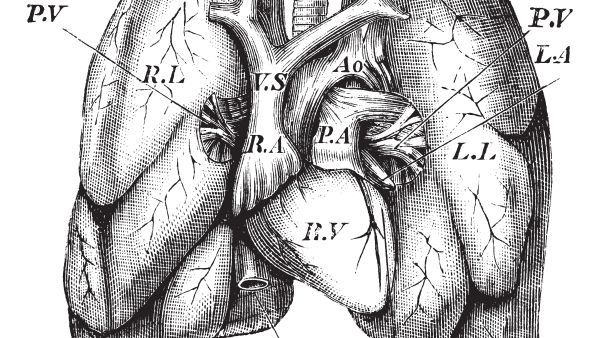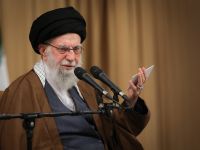Al-Tabari, the 8th Century Muslim physician, produced the first medical encyclopedia that incorporates several branches of medical science.
Generations have used encyclopedias to learn about various topics. The voluminous books carry information on subjects: they range from world leaders, important events, to ideas encapsulated in small factual entries written by experts in the field.
Encyclopedias attempt to summarise knowledge in relatively short articles while giving a basic overview of topics and answers to simple facts.
Abu al-Qasim al-Zahrawi (936-1013) was a light in the dark middle ages in Europe, was known to the West by his Latin name Albucasis. al-Zahrawi was born in Cordoba and was described by Pietro Argallata (died 1423) as, "Without doubt, the chief of all surgeons" pic.twitter.com/uyEMYybYEb
— Sarah (@Sarah06970961) September 8, 2020
The first fragments of an encyclopedia come to us in the shape of the works of Speusippus, who was the nephew of Plato, the ancient Greek philosopher. He conveyed his uncle’s ideas in a series of writings on natural history, mathematics, philosophy, and so on.
Since the fragility of the global health infrastructure was exposed by the Covid-19 pandemic in the past year and a half, some may have also wondered who wrote the first medical encyclopedia in history.
It was Ali Ibn Rabban Al-Tabari, a Muslim scholar, physician and psychologist, who produced one of the first encyclopedias of medicine: Firdous al-Hikmah.
Born in the city of Marv, Tabristan, the mountainous region located in the Caspian coast of northern Iran, around 772-777 CE, Ali Ibn Rabban Al-Tabari was the son of Sahl Rabban Al-Tabari, himself an accomplished physician.
In his early years, he was taught by his father on the various topics of medical science and calligraphy. Soon, the young Al-Tabari had attained competence in these fields and also mastered the Syriac and Greek languages.
His book al-Tasrif is a medical encyclopedia that was the first independent surgical treatise ever written in detail and became the standard reference for at least five centuries and was translated into Latin five times because of its clear diction and lucid explanations. pic.twitter.com/mHPyCtC5nO
— Sarah (@Sarah06970961) September 8, 2020
The Abbasid caliph al-Mu'tasim brought him into the service of his court between 833–842. In addition to proving his expertise in the field of medicine, he came to be known as a scholar of philosophy, mathematics and astronomy. Being a polymath was unusual back then.
Ali Ibn Rabban Al-Tabari wrote 12 books, most of them about medicine. Perhaps his most notable work was the seven-volume treatise entitled Firdous al-Hikmat which was the first medical encyclopedia that incorporated several branches of medical science in one place.
His work was translated into German by Alfred Siggel in 1951, and published for the first time in the twentieth century.
Prior to that publication, only five of his manuscripts were available - scattered in libraries around the world.
Firdous al-Hikmat consists of seven parts: ‘Contemporary Ideology Of Medical Science’, ‘Elucidation Of The Organs Of The Human Body’, ‘Description Of Diet To Be Taken In Conditions Of Health And Disease’, ‘All Diseases Right From Head To Toe’, ‘Description Of Flavour, Taste And Colour’, ‘Drugs And Poison’, while another part deals with diverse topics which discuss climate and astronomy. It also contains a brief mention of Indian medicine.
Although Al-Tabari wrote Firdous al-Hikmah in Arabic, he also translated it simultaneously into Syriac. His other known works include Deen-o-Doulat and Hifdh al-Sehhat, which is available as a manuscript in Oxford University’s library.
He contributed immensely to how patients should be properly treated. Unlike earlier physicians, Ali Ibn Rabban Al-Tabari emphasised strong ties between psychology and medicine, and the need for psychotherapy and counselling in the therapeutic treatment of patients.
He also noted that patients frequently fall sick due to delusions, and that these can be treated through "wise counselling" by physicians who win the rapport and confidence of those they look after, leading to a positive therapeutic outcome.
Coming from an elite Christian family, Ali Ibn Rabban Al-Tabari converted to Islam late in life and passed away in 860 when he was in his 80s.
He left a deep mark on the history of medical sciences.
This article has been adapted from its original source.











